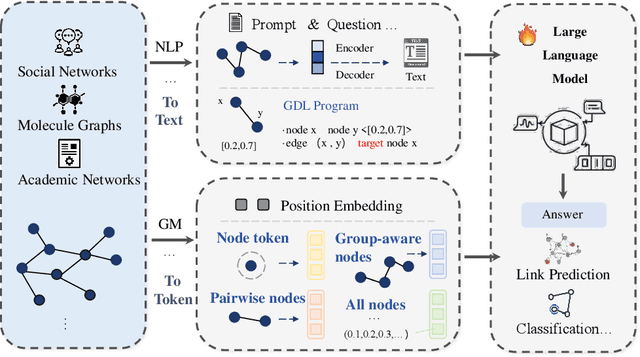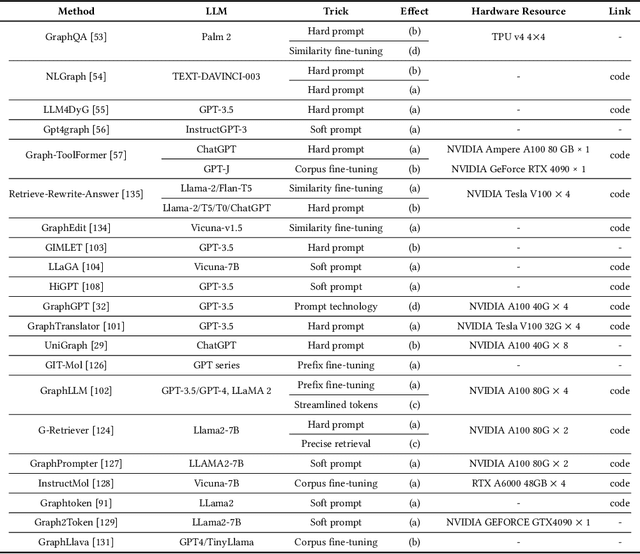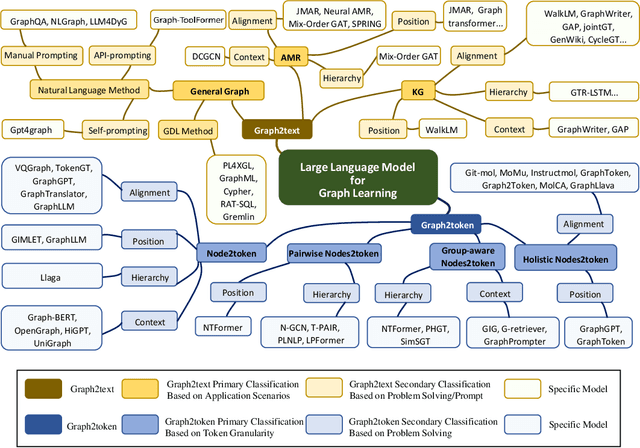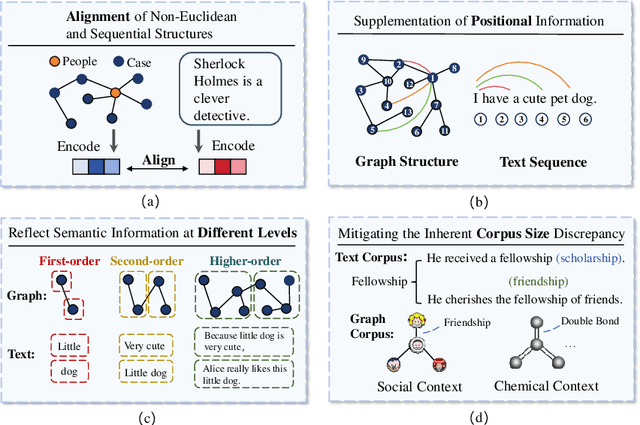Graph2text or Graph2token: A Perspective of Large Language Models for Graph Learning
Paper and Code
Jan 02, 2025



Graphs are data structures used to represent irregular networks and are prevalent in numerous real-world applications. Previous methods directly model graph structures and achieve significant success. However, these methods encounter bottlenecks due to the inherent irregularity of graphs. An innovative solution is converting graphs into textual representations, thereby harnessing the powerful capabilities of Large Language Models (LLMs) to process and comprehend graphs. In this paper, we present a comprehensive review of methodologies for applying LLMs to graphs, termed LLM4graph. The core of LLM4graph lies in transforming graphs into texts for LLMs to understand and analyze. Thus, we propose a novel taxonomy of LLM4graph methods in the view of the transformation. Specifically, existing methods can be divided into two paradigms: Graph2text and Graph2token, which transform graphs into texts or tokens as the input of LLMs, respectively. We point out four challenges during the transformation to systematically present existing methods in a problem-oriented perspective. For practical concerns, we provide a guideline for researchers on selecting appropriate models and LLMs for different graphs and hardware constraints. We also identify five future research directions for LLM4graph.
 Add to Chrome
Add to Chrome Add to Firefox
Add to Firefox Add to Edge
Add to Edge